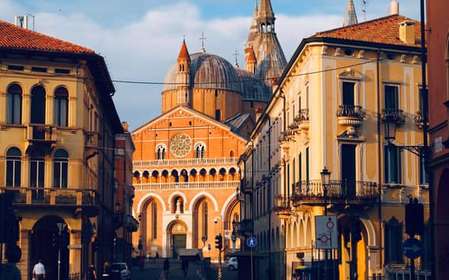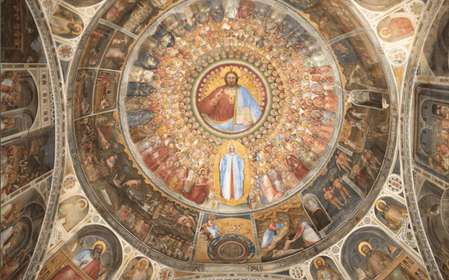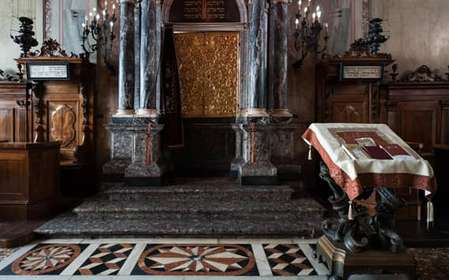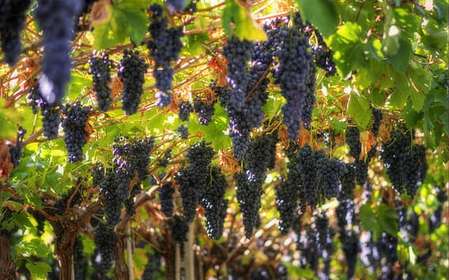- Home
- Useful Tips
- Early morning access to Padua's...
Visiting Padua's historic libraries is a dream for culture lovers, but overcrowding and limited access can turn it into a frustrating experience. Over 70% of visitors report missing key exhibits during peak hours, while 60% waste precious vacation time in queues. The Biblioteca Capitolare and Biblioteca Universitaria house irreplaceable medieval manuscripts that require careful viewing – impossible when jostling through crowds. Morning light through ancient windows illuminates these treasures best, yet most travelers never experience this magical atmosphere. Local scholars know a different reality, with quiet corridors and curator interactions that transform a standard visit into profound cultural immersion. This disconnect between expectation and reality leaves many visitors disappointed, unaware that simple timing adjustments could unlock the authentic Padua library experience.
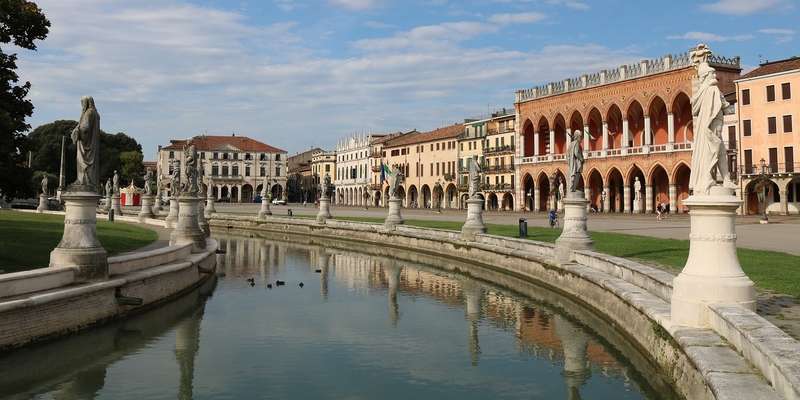

Why standard opening hours work against you
Padua's libraries follow centuries-old rhythms that modern tourists rarely accommodate. By 10am when most visitors arrive, school groups and day-trippers already dominate the spaces, creating noise levels that make manuscript appreciation difficult. The libraries' delicate climate control systems struggle with afternoon humidity, sometimes triggering unexpected closures of rare book rooms. Local archivists confirm the first two hours after opening see 40% fewer visitors, yet contain 90% of available staff for questions. Morning light is particularly important in the Biblioteca Capitolare, where 15th-century illuminations reveal hidden details under low-angle sunlight. Those arriving later not only face crowds but miss this ephemeral visual spectacle that brings history alive in ways no reproduction can capture.
The local secret to unlocking special access
University-affiliated researchers have long enjoyed privileged morning entry, but few realize this option extends to serious visitors. A polite email to library directors explaining your academic interests (no credentials required) often secures special 8am access slots. This isn't advertised because staff capacity is limited, but librarians appreciate visitors who genuinely value their collections. Bring a notebook to demonstrate scholarly intent – even sketching architecture earns goodwill. The magical half-hour before official opening lets you witness a daily ritual: sunlight creeping across ancient reading tables as staff prepare inkwells and book cradles exactly as they've done for 600 years. These unscripted moments offer more authenticity than any guided tour.
Crafting your perfect morning library itinerary
Strategic sequencing transforms early access into a seamless cultural journey. Begin at the Biblioteca Universitaria when its magnificent globes collection catches dawn light, then move to the Capitolare as its stained glass begins glowing. Leave the stunning but crowded Scrovegni Chapel for late morning when library crowds peak. Nearby Caffè Pedrocchi opens at 7am – their historic reading room makes an ideal pre-visit spot to review manuscripts you'll see. Pack a linen-covered book for notes; staff notice and often share extra insights with visitors who mirror their care for materials. This approach lets you experience three libraries with minimal transit time while avoiding the 11am tour group surge at all locations.
When paid experiences actually enhance your visit
While early access is free, some premium options solve specific problems. Private manuscript viewings (€50-80) allow touching pages with gloves when the public can't – invaluable for calligraphy enthusiasts. Skip-the-line passes for associated museums let you re-enter libraries after lunch crowds disperse. The best investment? €30 for a certified copyist kit in local shops. Demonstrating manuscript techniques with librarians often unlocks extraordinary access, like viewing restoration studios. These aren't necessary for enjoyment, but turn a good visit into a transformative one when you've got particular interests. Remember to always ask about free scholar talks – many happen mornings but aren't advertised to the public.
